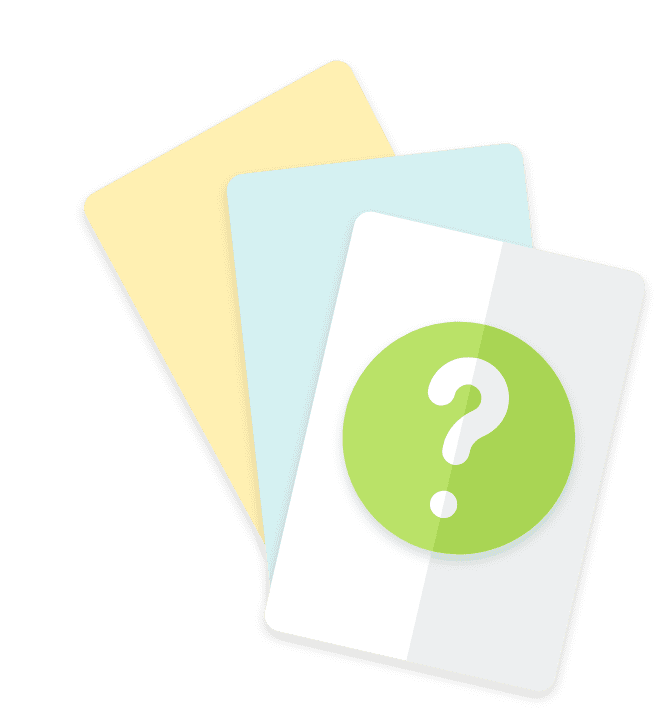Unofficial Starts: The Best Way to Spark Engagement
This week’s Facilitator Tips episode explores the enormous benefits of introducing an ‘unofficial start’ to spark engagement, fun and interaction before your program officially begins.
<< Go to Episode 42 Go to Episode 44 >>
What is an unofficial start, I hear you say?
If you have ever led a program that manages groups of people who do not know each other or are simply bored, unoccupied or late, then invoking the unique strategy of an unofficial start will soon become your next best friend.
Click the play button above to watch this must-see video about how an ‘unofficial start’ will quickly & easily spark engagement.
Want to join the conversation?
Please leave a comment at the bottom of the page (you must be logged in.)
Don’t have a playmeo account? Join today.
Useful Links & Resources
- Unofficial Starts – click here to read a more eloquent description of an unofficial start strategy, with at least seven different, real-world examples to demonstrate how I have managed to spark engagement.
- Unofficial Start Activity Ideas – as the link suggests, you’ll learn a lot of really useful, practical activity ideas to keep your group occupied as soon as they arrive.
…EE
Video Transcript
Hi there and welcome to the Facilitator Tips video series, Episode 43.
My name is Mark Collard, and I’m going to lead you through this as an experiential trainer and author to understand what I mean by this term called “Unofficial Start”.
Now back in Episode 5 we talked about how to start a program. It seems so obvious, but this concept of unofficial start has been one of my most powerful and potent tools for helping to start my program and in particular engage my group.
Now perhaps you’re not even familiar with what I mean by this, but there’s always this official time but ordinarily, there’s this faffing around as I call it as we get ready or people are arriving late or the instructor might even be late and getting themselves prepared. That is a lost opportunity. For me, an unofficial start is any strategy you can use to engage people as soon as they arrive that will also help amplify the productivity of your program, especially if it’s building relationships.
And here are the things… Unofficial starts are as diverse as the programs and the groups that you serve, but here are a few critical elements that I’ve found successful for me. First of all, start as early as you can. In fact, if your session starts at 9:00, start 10 minutes early. There’s always going to be someone who’s going to be rewarded for being busy as soon as they arrive.
Make it fun and engaging. That doesn’t mean you have to be laughing, but it should be attractive, something that has them go, well, I could just sit here and play on my Facebook, or that looks interesting, I might like to check that out. So that’s a key element.
Give them lots of choices. You know, if you only give them one choice but that’s better than nothing, but if you’ve got a series of choices then people are going to make a choice that’s relevant and appropriate for them. So maybe there’s one that people who want to sit down can sit down, others who want to get on the ground or stand up or move about, but choices is critical to honour that.
Make it simple, and connected to that low supervision. If it involves too much of you and your time, then hey, you’re not maybe able to greet people as they’re arriving or perhaps take you away from doing other productive things. So if you can create it so that there’s… it’s simple and it doesn’t really require a lot of your time, that’s going to help you with that unofficial start.
Gosh. This is so powerful in my experience that it’s one of the things that I certainly am known for in this field and there’s a lot more that I’ve written about it.
So go to the show notes at www.playmeo.com Episode 43 and you’ll see many links to much more information, in particular, I think several, eight specific examples that I give that you might find useful in your program.
Please leave a comment, share if you’ve liked this.
Otherwise, I look forward to seeing you in the next episode. Bye for now.








There are currently no comments